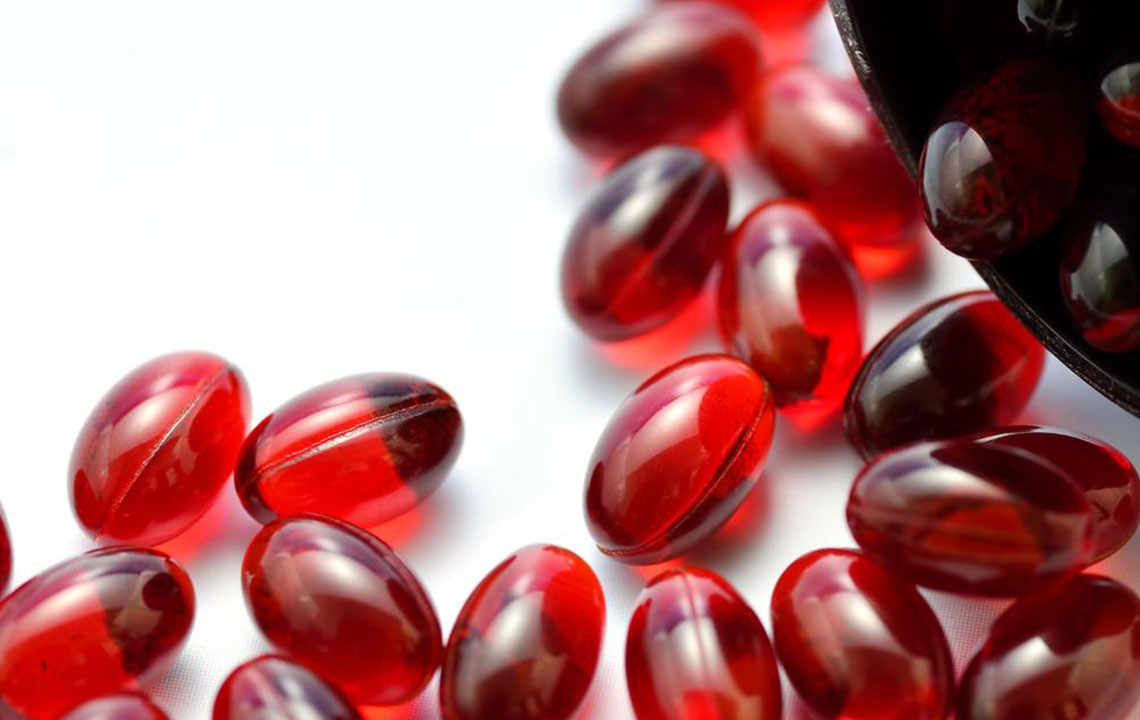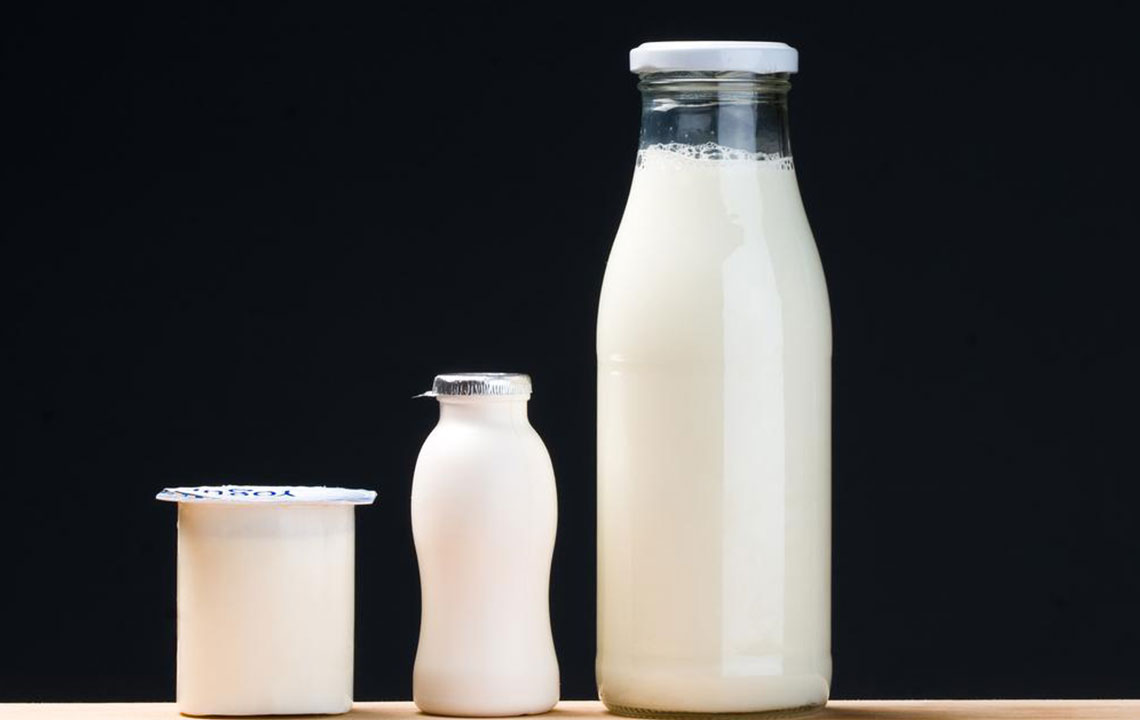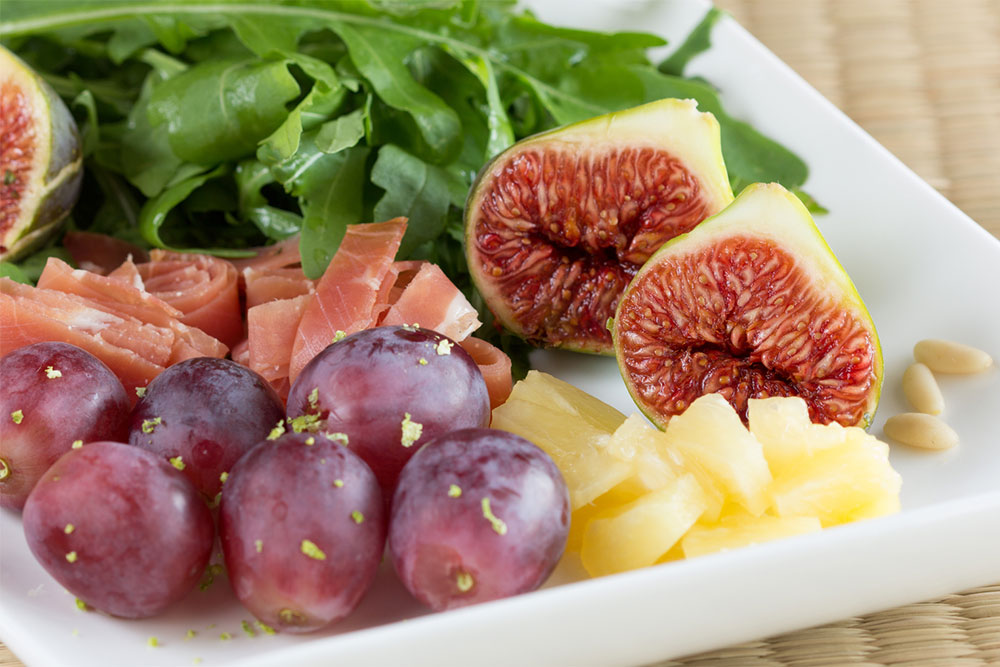Effective Strategies to Relieve Gas and Bloating Discomfort
Discover effective methods to alleviate gas and bloating through diet and lifestyle changes. Learn which foods trigger symptoms and how to incorporate helpful habits and probiotic intake for better digestive comfort. These practical tips can help manage and reduce bloating, making everyday life more comfortable.

Effective Strategies to Relieve Gas and Bloating Discomfort
Experiencing excessive belching, flatulence, or bloating can be embarrassing and uncomfortable. While common in many people, persistent gas and bloating may cause significant discomfort and impact daily life. Understanding the causes and managing your diet can help alleviate these symptoms effectively.
Normal amounts of intestinal gas are typical, but problems arise when gas builds up more frequently or severely. Fortunately, simple lifestyle and dietary adjustments can provide significant relief.
Gas develops primarily from food digestion and swallowed air. Most swallowed air is expelled through belching, while the remaining may be absorbed or released rectally. The bacteria in the gut break down certain foods, leading to gas production, especially when consuming problematic foods.
To reduce gas buildup, consider avoiding certain habits and foods. Swallowing excess air, eating quickly, chewing gum, or smoking can increase trapped air. Additionally, managing food choices plays a key role.
Limit Swallowing Air
Eating slowly, avoiding gum, and quitting smoking can help minimize air intake, reducing bloating and gas.
Identify and Avoid Gassy Foods
Foods that ferment in the gut produce excess gas. Common triggers include:
Dairy Products: Many individuals are lactose intolerant. Substituting dairy with plant-based options like soy or almond milk can lessen symptoms.
Legumes: Beans contain raffinose, a complex sugar that causes gas. Soaking beans overnight before cooking can reduce gas.
Whole Grains: Wheat and oats contain raffinose, and their starch breakdown produces gas. Opting for rice, which is less gas-producing, is recommended.
Vegetables: Certain veggies like cabbage, broccoli, onions, and Brussels sprouts are notorious for causing gas. Limiting intake of these can help.
Fruits: Fruits such as apples, pears, apricots, and stone fruits contain sorbitol, a sugar alcohol that induces gas. Smaller portions of fruits like bananas, berries, and melons are gentler on digestion.
Carbonated Beverages: Sodas and fizzy drinks introduce excess air, leading to burping and bloating. Replacing these with herbal teas or plain water helps.
Processed Foods and Artificial Sweeteners: Packaged snacks, diet foods, and sugar substitutes containing sorbitol or fructose can exacerbate gas issues.
Additional Tips for Relief
Consuming probiotics can support gut health and reduce excessive gas. These beneficial bacteria are found in fermented foods like yogurts and supplements, helping balance intestinal flora and decrease fermentation-related gas.
While gas and bloating are normal, following these dietary and lifestyle tips can significantly reduce discomfort and improve digestive health.









